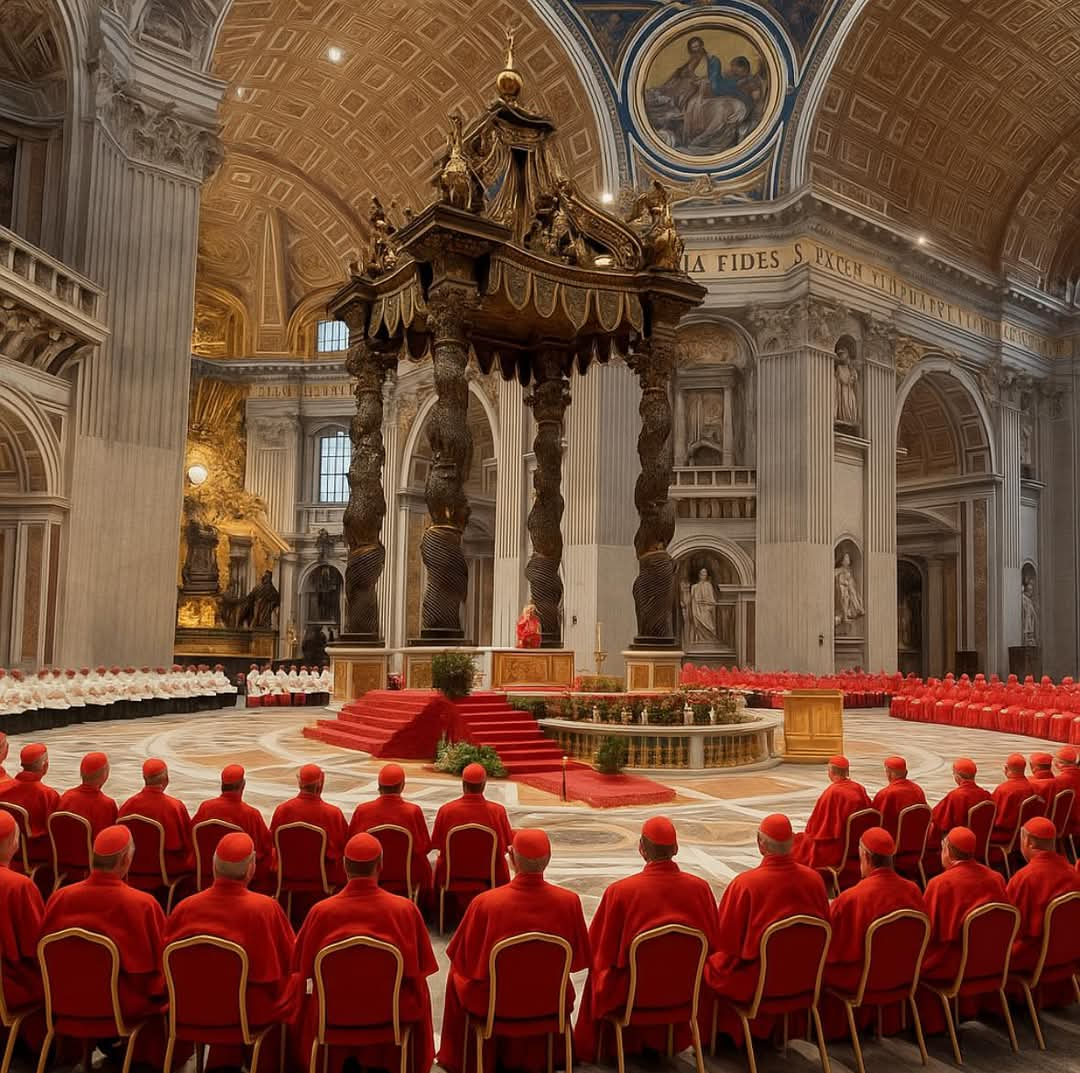By Christopher Sunday
voxnews.com.ng
In a nation where silence is often bought and truth is strangled in its cradle, the streets of Rivers State became the theatre of moral contrast today. Two groups of women marched—both passionate, both loud—but only one was heard, while the other was hunted. It was a display not just of politics, but of the fragile soul of our democracy.
Clad in ceremonial white asoebi, a cohort of women loyal to the Nebusite order paraded the streets, boldly calling for a state of emergency and the forced exit of Governor Siminalayi Fubara. Their movements were methodical, their chants rehearsed, their passage unhindered. The police, sworn to protect all citizens equally, stood by—not as arbiters of peace—but as silent allies.
Not far off, another group of women—less adorned, more impassioned—gathered under the burning sun. These were the market women, the custodians of daily hustle, who came not with rehearsed slogans but with raw conviction. Their demand was simple: the return of a governor they believed had been unjustly cornered by illegitimate powers. Yet for daring to speak, they were met with the sting of teargas and the scorn of a state machinery bent on silencing dissent.
It was a day when contradictions marched side by side: one wrapped in coordinated fabric, the other in the unfiltered garment of truth. What made one legal and the other illegal? Not the law, but the interpretation of power. When authority forgets its duty to be neutral, it becomes a tool of oppression—decorated in the language of order, but animated by fear of the people.
Philosophically, today was a struggle between appearance and essence. The Nebusite parade had the appearance of legitimacy, yet beneath it lay the essence of authoritarian ambition. The market women had no choreography, no sponsorship, no stage—but in their unrefined defiance lay the purest form of democracy: the voice of the governed crying out to be heard.
Plato once warned that tyranny begins when power refuses to listen. What happened in Rivers today was not merely a political misstep—it was a descent into the tragedy of selective justice. When the instruments of the state choose sides, they tear the veil of neutrality that binds society together. Peace without justice is not order; it is oppression in disguise.
Let it be known: this is not just about Governor Sim. It is about the moral architecture of our republic. The real state of emergency is not political—it is ethical. And the true battle is not on the streets—but in the soul of the nation.









